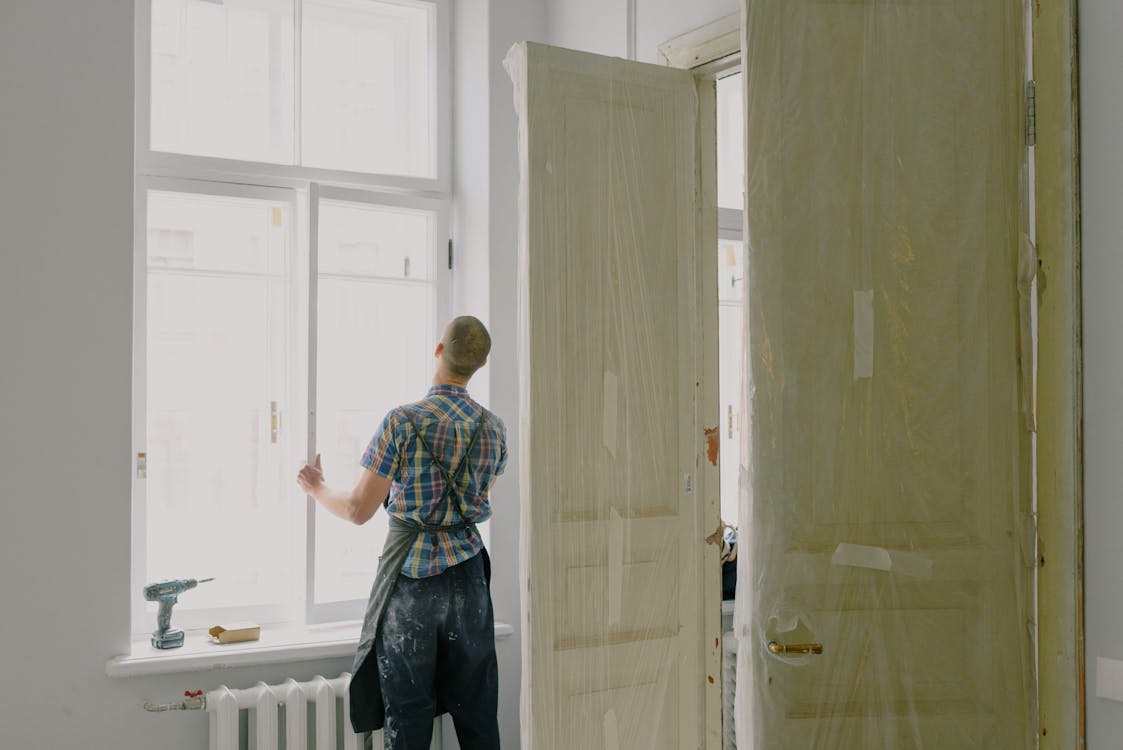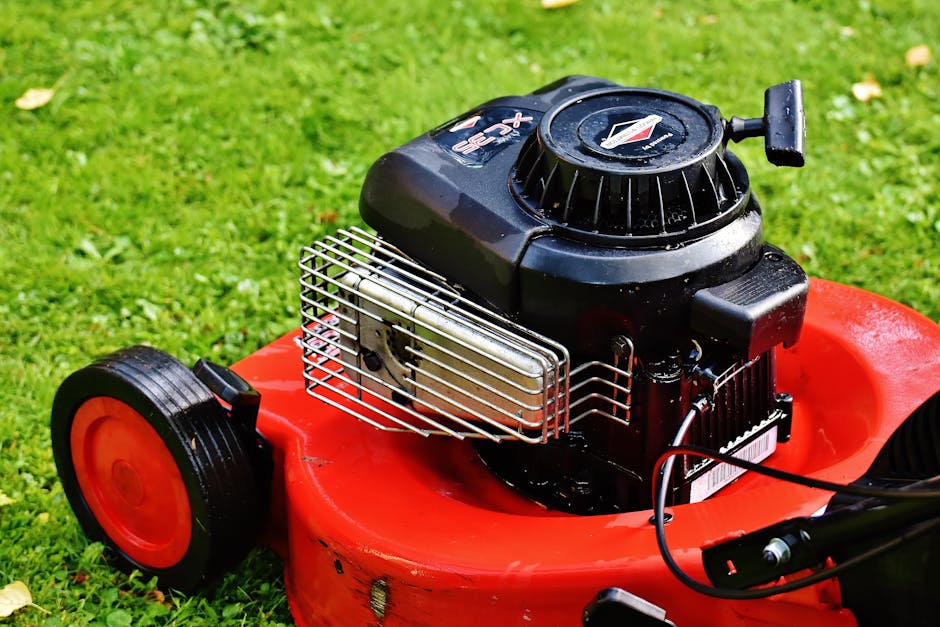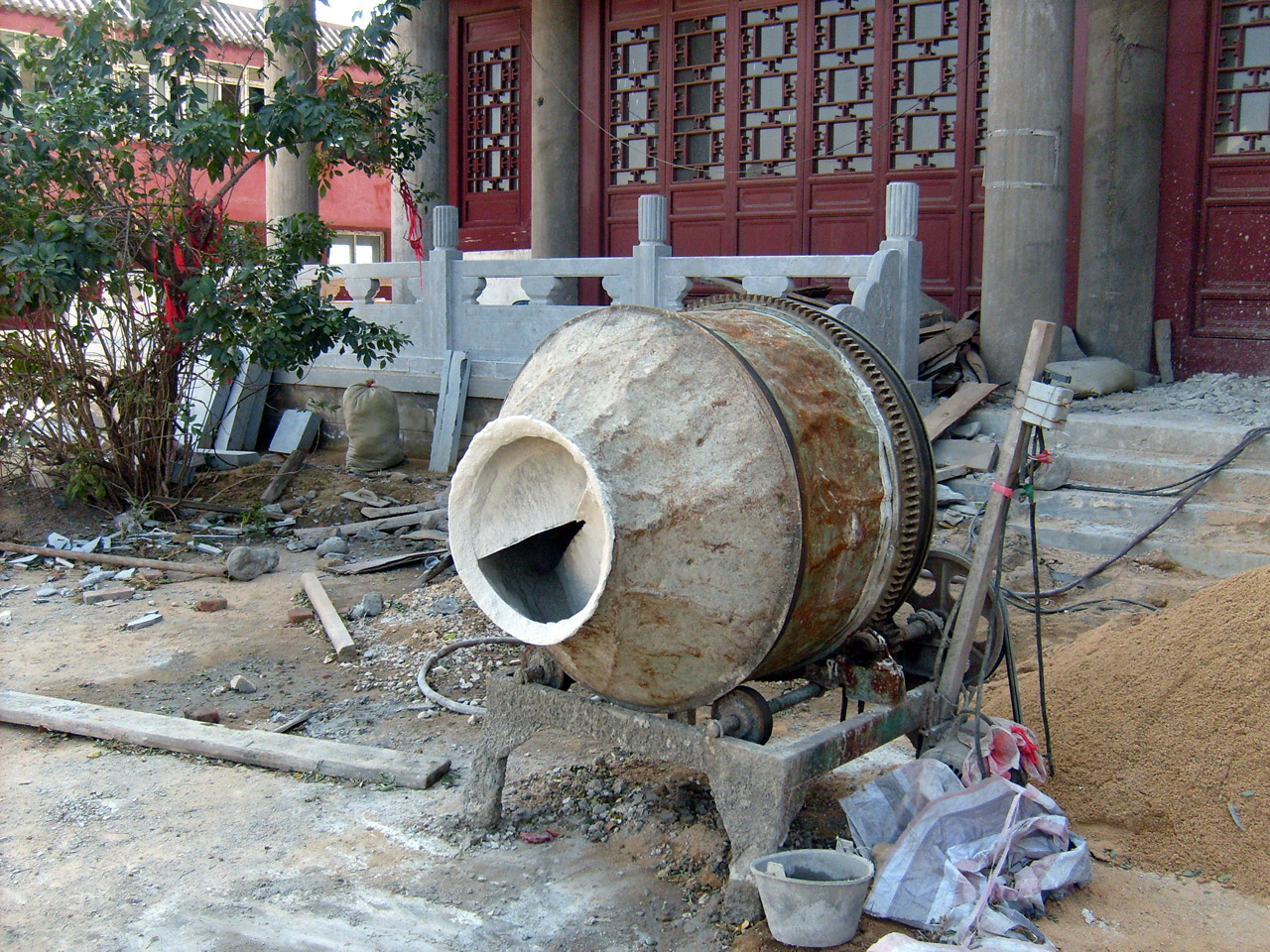To Buy Or Not To Buy: Should You Rent Equipment For Your Big Projects?
From the smallest of home renovation projects to big new build constructions, you find yourself faced with one particular problem.
Well, okay, you find yourself faced with many problems. You find yourself waking up in the morning to a light layer of dust over everything, and wondering why you ever began this project. You find yourself visiting friends, staring at their walls – without holes in them! – and daydreaming of living in such a place. We all reach a point where the downsides seem to be so substantial, there’s no possible…

[Photo courtesy of Ksenia Chernaya/pexels.com]
Hang on; that wasn’t the point I was trying to make. Okay. Let’s refocus. No more whining; we all know the benefits of home-style construction and why it’s worth it. We live with our choices and embrace them – even if they can be a little problematic at times!
The issue I was originally referring to was much more simplistic. No matter the scope of your project, you’ve probably encountered it: should you buy or rent expensive machinery?
[Photo courtesy of Mark Schellhase/wikipedia.org]
This applies to everything, from a humble power washer when sprucing up your home’s exterior – right through to an excavator for a garden project. Hiring can seem the easiest answer, but it can also be prohibitively expensive. The choice is usually an individual one, but if you’re struggling to make a decision, here’s a few pros and cons on the hiring/buying debate. I’ll take it from the perspective of buying for yourself, for the sake of clarity.
PRO: It’s yours.
The most obvious one, but an important aspect to consider. If you do something to a piece of machinery you have rented – an accident, or misuse that results in a breakdown – you could be in for a massive bill. With your own machine, any potential mistakes that you make are your own. It will be cheaper to repair an item than to compensate a hire company for any damage that results from your use of it. Then when it is repaired, you can still use it free of charge when you own it.

[Photo courtesy of pixabay/pexels.com]
CON: You’re responsible for repair and maintenance.
Even if you decide the initial purchase price is cheaper than renting on a cost-per-use level, that’s not the end of the road. With renting, if a piece of machinery breaks down, it’s not your problem. You can hand it back to be fixed, providing you’re not the one who broke it.
If you own it, however, any breakdowns are going to be yours to deal with. Factor this in when you look at the purchase price.
As an example, let’s say you want to hire a mini digger for a big garden project. Rental is going to cost you $200 per day. You anticipate you’re going to need it for around seven days. The cost to buy your own is $1000 – a saving of $400. Seems an easy choice, until you factor in potential repair costs in future.
There are ways and means of lowering the cost. Performing routine servicing will keep an item running as it should. Replacing parts from a reputable retailer such as Woods equipment and the like can also insure against future issues. There should also be a warranty that means any issue not of your fault will bounce back to the manufacturer. But it’s still worth keeping in mind.
PRO: You can expand future projects thanks to it.
Staying with the example of the mini digger, you might have planned to use it for one particular project. That means it’s going to be surplus to requirements for anything else, right? So hiring might be more expensive, but at least you don’t then have to store a digger you have no other use for it.
You will probably find that you do find a use for it. The scope of your existing projects can change and expand because you now have a piece of machinery that makes more innovative ideas possible.
CON: You run the risk of not being able to take it back.
If you hire something, you always have the option of returning it if it’s not a good fit. You might choose something that isn’t up to the task at hand; or even an item you just don’t feel comfortable using.
When you buy, you’re stuck with it – within reason. All the usual buying laws apply to you, but you have to be careful to read the small print to ensure you can return an item. Some sales policies – especially for larger machinery – may only allow you to return an item for store credit, partial refunds or not at all if the item has been used. Be aware of your rights in case something doesn’t work as you hoped.
PRO: You can hire it out to friends and family.
One way of keeping a piece of machinery running is to make a little money off it. There’s nothing stopping you from hiring it out to your nearest and dearest for a small fee to help contribute to maintenance.
CON: You might not use it.

[Photo courtesy of Peter Griffin/publicdomainpictures.net]
There is always the risk that you will buy something, planning many future projects… and then never feel the need to touch it. If buying is cheaper than renting, then this still might be worth it – it all depends on the storage space you have available.
For smaller items like pressure washers and wallpaper strippers, you probably have a corner of your attic that you can use. For large machinery, then it might be a little trickier to give over space for something from which you’re not getting much use.
PRO: You can always sell it.
However, if the above happens, you always have the option of selling an item on. Returning to the mini digger: you saved $400 when you bought it, paying $1000. If you then sell it on, even for a small amount like $200, your saving goes to $600. Providing you get a good deal on the purchase price, this is definitely something to keep in mind.


